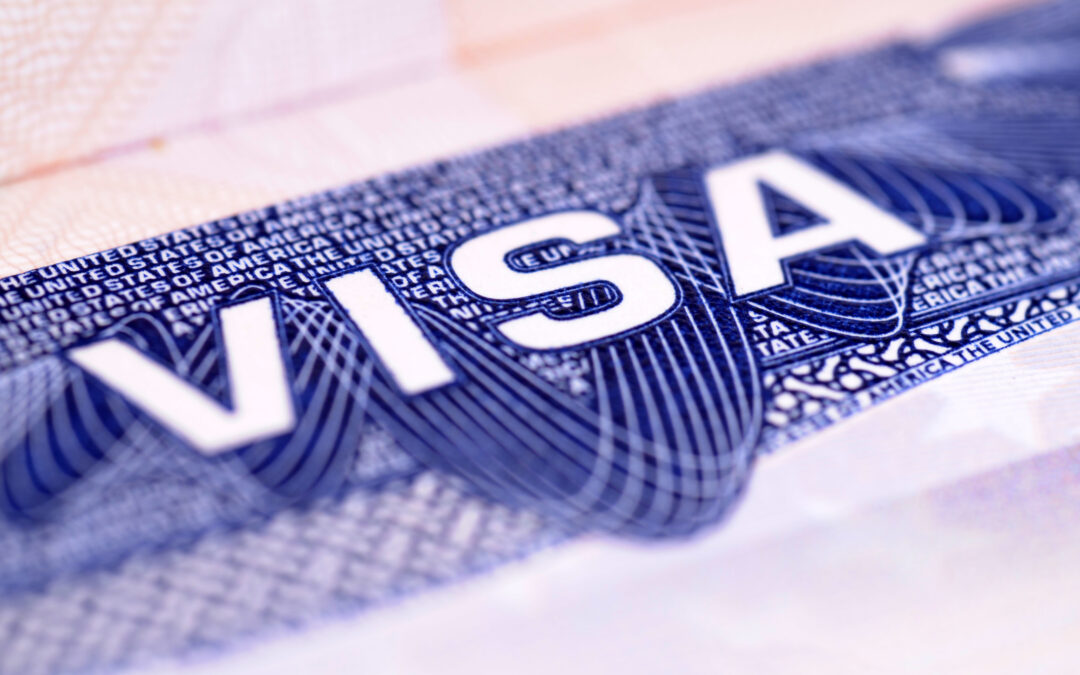Who can apply for a visa during this period? What are the rules and conditions for issuing them? And can I consider moving to Germany at this time?
The Blue Card Agency answers your questions in this article.
The categories of foreign citizens who can apply for visas.
At present, visas are issued on the exceptional instance to the following persons:
• medical and scientific medical workers, representatives of aged care staff;
• seasonal workers in the agricultural sector;
• transport-related workers and workers in the sphere of commodity shipment;
• sailors at the airport for the purpose of returning to a third country or to the ship’s port of departure;
• diplomatic officials who are on duty, civil servants, military staffing;
• transit visitor (those who are travelling through the country);
• students, if their studies cannot be carried out from abroad;
• persons receiving qualified professional training;
• participants in qualifications activities in order to have their training obtained abroad, recognized;
• pupils who have been attending school for at least 6 months, and for entry on a school exchange for a period of at least 6 months;
• for entry for further training and internships for a period of at least 6 months;
• doctors entering for internships with subsequent employment in a corresponding medical institution;
• au-pairs and volunteers for the minimum period of 6 months;
• students of language courses, for a period of stay of at least 6 months with confirmation from the organizer of the necessity for their very presence during the training.
Foreign citizens planning a private journey to Germany can apply for a visa if:
• they are going to visit the third-country nationals and the relatives of ‘family nucleus’ (civil partners, spouses, minor children and parents of minor children) of the EU citizens, German, Liechtenstein, Switzerland, Norway or the third-country nationals with the right of residence in Germany;
• there are extraordinary family circumstances: birth, wedding, death or funeral, etc.;
- the third-country national is going to visit a partner in Germany with whom he or she hasn’t got marriage record or partnership that is equivalent to marriage. Moreover, the inviting partner must be a citizen of the EU, Germany, Liechtenstein, Switzerland, Norway or the third-country national with the right of residence in Germany.
In addition, the following applications are considered for issuing visas to Germany:
- family reunification;
- applications of returnees and those who have had German citizenship in the past;
- applications from professionals and high-skilled workers in these categories:
- professionals with job application;
- academics, research staff and language trainers;
- workers on business trip and holders of an ICT card;
- company executives and specialists, as well as senior managers;
- professional athletes and e-sportsmen for competitions (including judges, referees and accompanying staff)
- contractors for the fulfillment of orders from the customer’s material;
- IT professionals;
- entrepreneurs;
- participants in exhibition fairs and conferences.
Moving to Germany during the isolation period:
A question that currently interests everyone who is planning to move to Germany: is it possible to obtain a work visa or a permanent residence permit during the isolation period?
Applications to visa centers are at the moment only accepted in the exceptional cases listed above. Each situation is individual and has its own particularities, which the Blue Card Agency specialists can help you to understand.
The full version of the article and the lists of documents regulating the transitional entry regulations to Germany can be found at this link.

